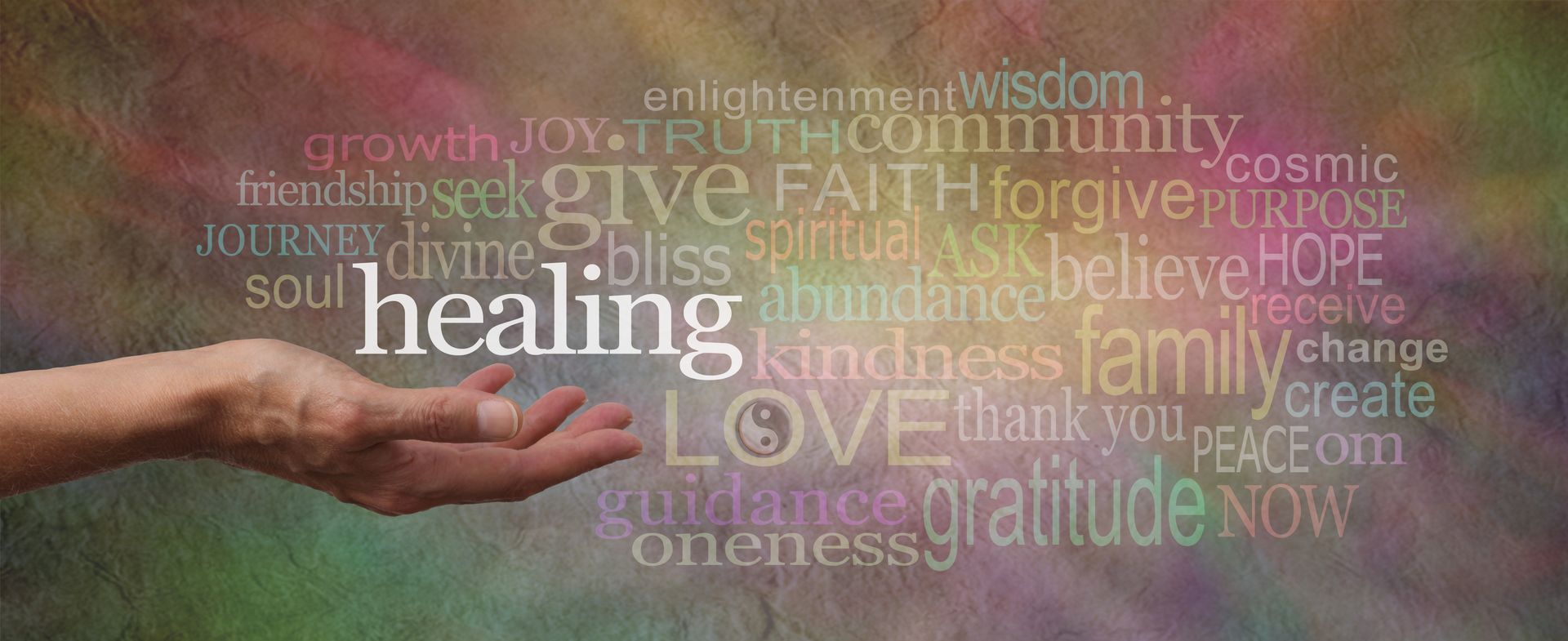Grounding Techniques When You Feel Frustrated or Overwhelmed
Key Points:
- Learn simple grounding techniques to regain calm in the moment.
- Understand how mindfulness, meditation, and breathwork help build emotional resilience.
- Discover the power of naming emotions, using the 5-4-3-2-1 method, and pausing under pressure.
- Train your brain to handle stress and stay grounded when life feels overwhelming.
It’s completely normal to feel frustrated, overwhelmed, or like you’re about to lose it. Life gets hectic. Our minds race. Our emotions take over. That’s where grounding techniques come in—they're simple tools you can use anytime, anywhere to help you hit pause, calm down, and reconnect with the present moment.
These aren’t just feel-good tricks. Grounding is like a mental workout—it actually helps rewire your brain to handle stress better. Let’s walk through a few easy strategies you can start using today.
5-4-3-2-1 Technique
This is one of the quickest ways to bring your attention back to the here and now. You’re going to focus on your senses, one by one:
- 5 things you can see – Look around and really take in the details. Notice light, patterns, colors.
- 4 things you can feel – Touch your shirt, the chair, the ground beneath your feet.
- 3 things you can hear – Listen closely. What’s in the background?
- 2 things you can smell – Sniff the air. Find a scent if you need to.
- 1 thing you can taste – Even just remembering a flavor can work here.
This technique helps pull you out of a mental spiral by using your senses to ground your brain in reality.
Categories
Feeling overwhelmed? Try a brain game. Pick a category and name as many items as you can. For example:
- Fruits & vegetables
- Movies
- Cities
- Animals
To make it a little more challenging, try naming items in alphabetical order. It distracts your brain from stress and helps restore a sense of control.
Body Awareness
Sometimes our minds are way too busy. So instead, focus on your body. This helps bring calm and awareness.
- Take 5 deep breaths, in through your nose, out through your mouth.
- Stomp your feet a few times. Feel the ground.
- Clench your fists then let go. Do this 10 times.
- Stretch your arms overhead, like you’re reaching for the sky.
Notice how your body feels. This is mindfulness in motion.
Mental Exercises
When emotions run high, give your brain a small task:
- Count backwards from 100 by 7s
- Spell your name (or someone else's) backwards
- Describe an object in full detail: color, shape, texture
- Picture your home or pet and "draw" it in the air with your finger
Simple mental distractions like these give your brain a break from emotional overload.
Meditation
Even a 2-minute mindfulness break can make a big difference. Sit still, breathe slowly, and just focus on your breath. If your mind wanders, that’s okay—just gently come back to the breath.
Try saying silently: "Inhale: here" and "Exhale: now."
How to Calm Yourself and Get Settled, Centered, and Grounded
When frustration or overwhelm strikes, try this simple sequence:
Practice the Pause
Stop. Take a deep breath. That’s it.
Just pausing and breathing begins to calm your nervous system. It's like hitting the reset button.
Focus on the Breath
Breathe in through your nose for four counts, hold for seven, and exhale for eight. This 4-7-8 technique helps slow your heart rate and calm racing thoughts.
Mindfulness in Action
Mindfulness is paying attention—on purpose—to the present moment. It’s a skill, and like a muscle, it gets stronger the more you use it.
Just two minutes a day of focusing on your breath can train your brain to stay calm under pressure.
Anxiety
Grounding techniques are powerful tools for managing anxiety. Instead of trying to push feelings away, acknowledge them. Try saying, "I feel anxious right now, and that’s okay." Then use a grounding tool to regain your calm.
Self-Help
You don’t need to rely on anyone else to start regulating your emotions. These techniques are quick, free, and always available. Over time, they help you feel more in control.
Relationships
When emotions run high in relationships, grounding can help you respond instead of react. Practice the pause. Breathe before you speak. Give yourself a moment to name what you're feeling.
Self Tests
Not sure what you’re feeling? Try labeling it. Are you frustrated, anxious, sad, or just tired? Naming your emotions helps you manage them better.
FAQs About Grounding Techniques
What are grounding techniques?
Grounding techniques are simple tools that help you return to the present moment when you feel overwhelmed, stressed, or emotionally triggered.
How do grounding techniques help with emotional regulation?
They help shift your brain out of fight-or-flight mode by activating your senses, breath, and awareness. This helps calm intense emotions and builds resilience over time.
How often should I practice grounding?
Daily practice is ideal—even just 2–5 minutes. But you can also use these techniques anytime you feel triggered or stressed.
Can kids or teens use these techniques?
Absolutely. Grounding is a great tool for all ages, and many techniques are simple and fun to practice together.
FAQs About Harborside Psychiatry
What services does Harborside Psychiatry offer?
We offer compassionate, evidence-based care for anxiety, depression, ADHD, and more. Our team provides medication management, therapy, and holistic mental health support.
Where is Harborside Psychiatry located?
We’re located in Rogue River, Oregon and offer virtual appointments.
How can I schedule an appointment?
You can book a consultation through our website at www.harborsidepsych.com or call our office directly.
Do you accept insurance?
Yes, we work with many major insurance providers. Contact us to confirm your coverage.
Grounding isn't about ignoring your emotions. It's about learning how to feel them without being swept away. Think of these techniques as your emotional first-aid kit.
Next time you feel overwhelmed, try grounding through your senses, breath, or simply by naming how you feel.
You're not alone—and you're more in control than you think.
Need help getting started? Reach out to Harborside Psychiatry. We’re here to support your mental wellness journey.












